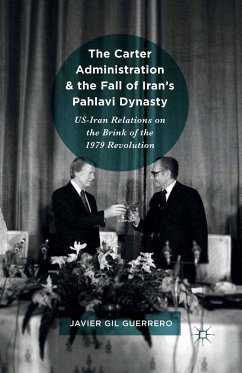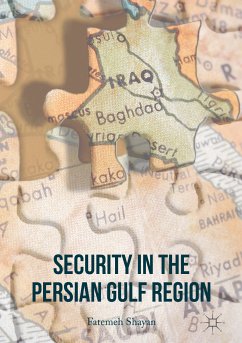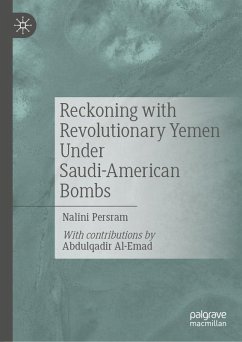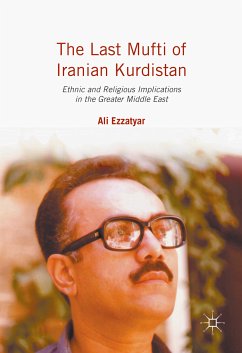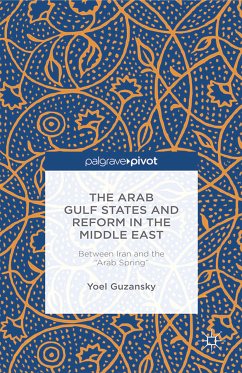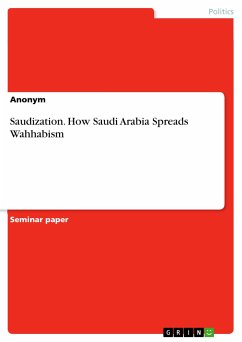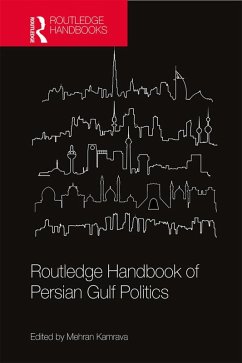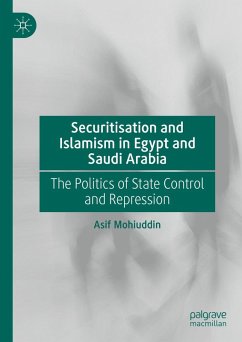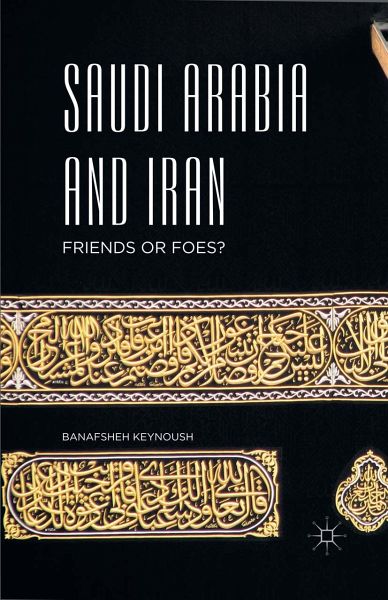
Saudi Arabia and Iran (eBook, PDF)
Friends or Foes?
Versandkostenfrei!
Sofort per Download lieferbar
64,95 €
inkl. MwSt.
Weitere Ausgaben:

PAYBACK Punkte
32 °P sammeln!
The mesmerizing story of two countries caught in history whose rivalry can destroy the world or restore its peace, this is the first book to untangle the complex relationship of Saudi Arabia and Iran by rejecting heated rhetoric and looking at the real roots of the issue to promise pathways to peace.
Dieser Download kann aus rechtlichen Gründen nur mit Rechnungsadresse in A, B, BG, CY, CZ, D, DK, EW, E, FIN, F, GR, HR, H, IRL, I, LT, L, LR, M, NL, PL, P, R, S, SLO, SK ausgeliefert werden.



